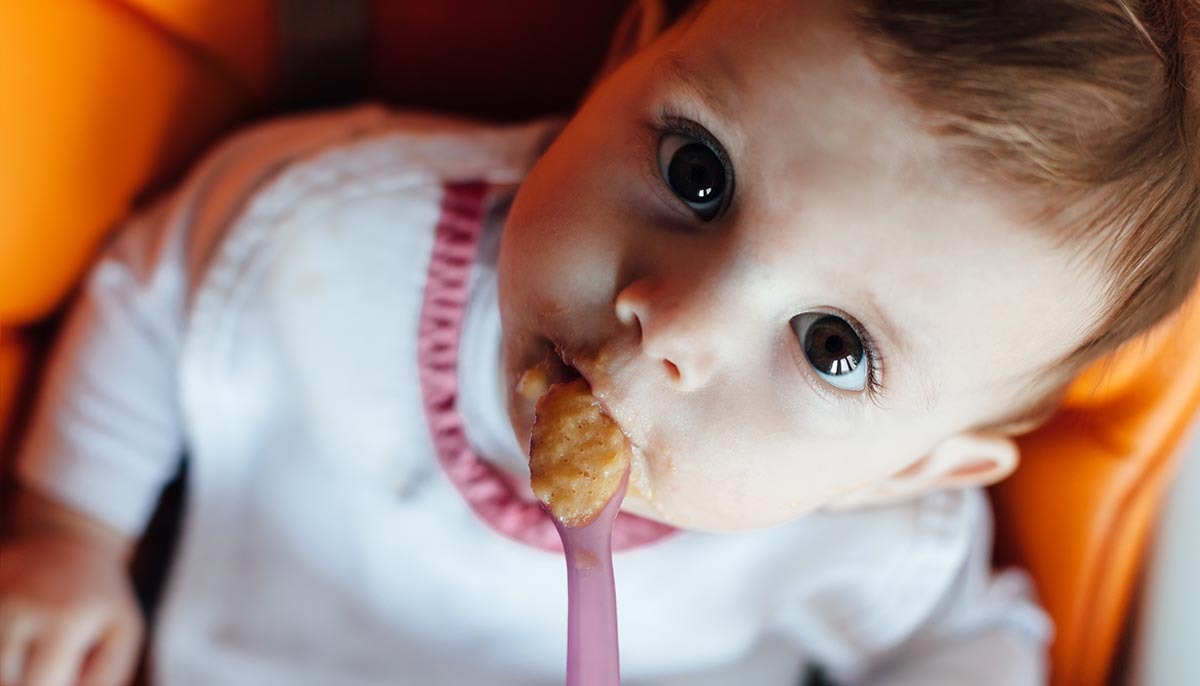Shutterstock
Dangerous toxins have been found in something that you would think should be the safest item in the grocery store; baby food.

In a test commissioned by Healthy Babies Bright Futures, 168 baby foods from major manufacturers in the US were all tested for four major heavy metals. The results will make you never want to pick up a container of baby food again.
The test that was just published this week was looking for traces of lead, arsenic, cadmium, and mercury – all things that you do not want to feed a baby.
This test mimicked a study done by the Food and Drug Organization, which tested 39 types of baby food. Their results found that 33 contained one or more of these types of metals. Healthy Babies Bright Future took it one step farther and tested even more food.
The report stressed how serious this was. “Even in the trace amounts found in food, these contaminants can alter the developing brain and erode a child’s IQ. The impacts add up with each meal or snack a baby eats.”
Over the 168 baby foods tested, a shocking 95% of them contained lead. One in five of the foods tested had over 10 times the 1-ppb (that’s one part per billion) that is considered ‘legally acceptable’, though any expert will tell you that there should be zero lead in food.
73% of the food tested contained arsenic, with 75% containing cadmium. Who would think that we would be pleased to know that just 32% contained mercury, or slightly less than one in three?
One-fourth of all foods tested contained all four of the metals.
Prior research indicates that a 50% increase in arsenic levels in the urine of children would be associated with a 0.4-point drop in their IQ.
The biggest offenders on the list? Any baby foods that contained rice, including infant rice cereal, rice-based snacks, and rice dishes. Rice is grown in water (literally, in water), and is especially good at absorbing arsenic, which is a natural element found in soil, air, and water.
If you think you’re making the ‘right’ choice by choosing wild rice or brown rice instead, think again. Both choices actually tend to contain more, because the milling process of white rice removes the outer layers, where most of the arsenic is.
Four out of seven rice cereals tested contained the most toxic form of arsenic, inorganic, at levels higher than the FDA’s “proposed action level” of 100-ppb.
Healthy Babies Bright Futures is now pressing the FDA to take action and do something about this before any more babies are harmed.